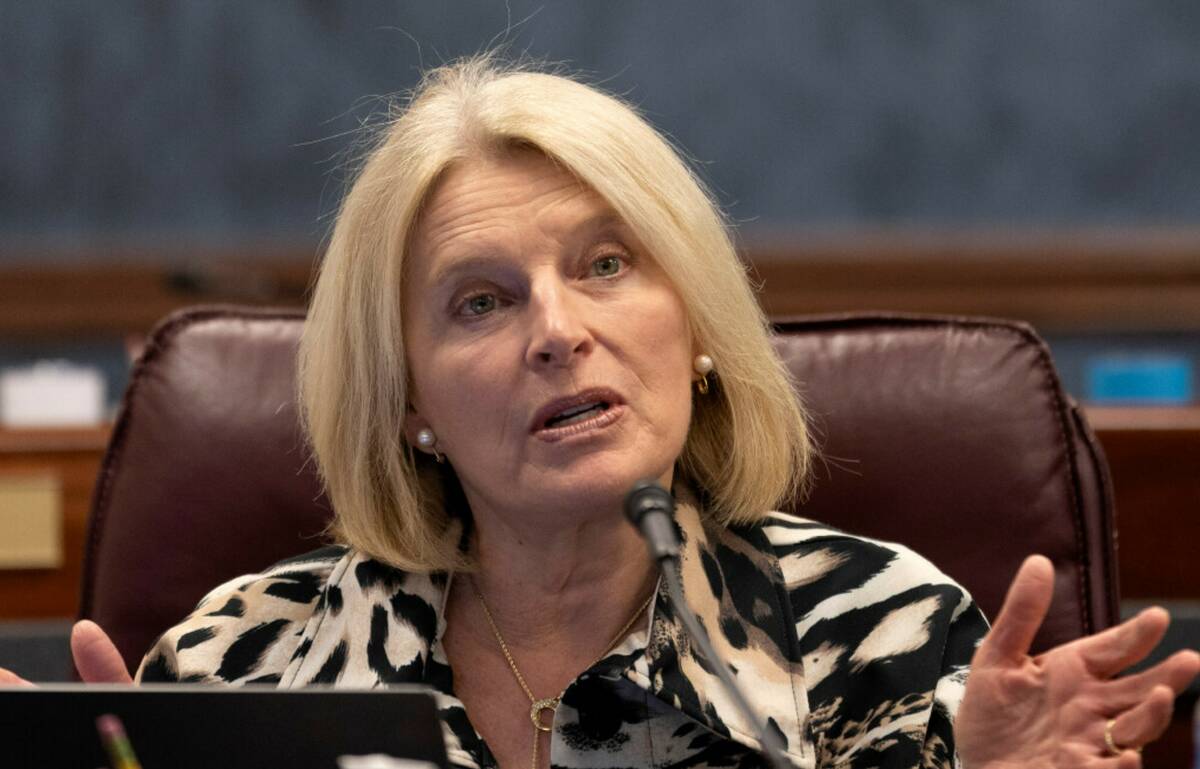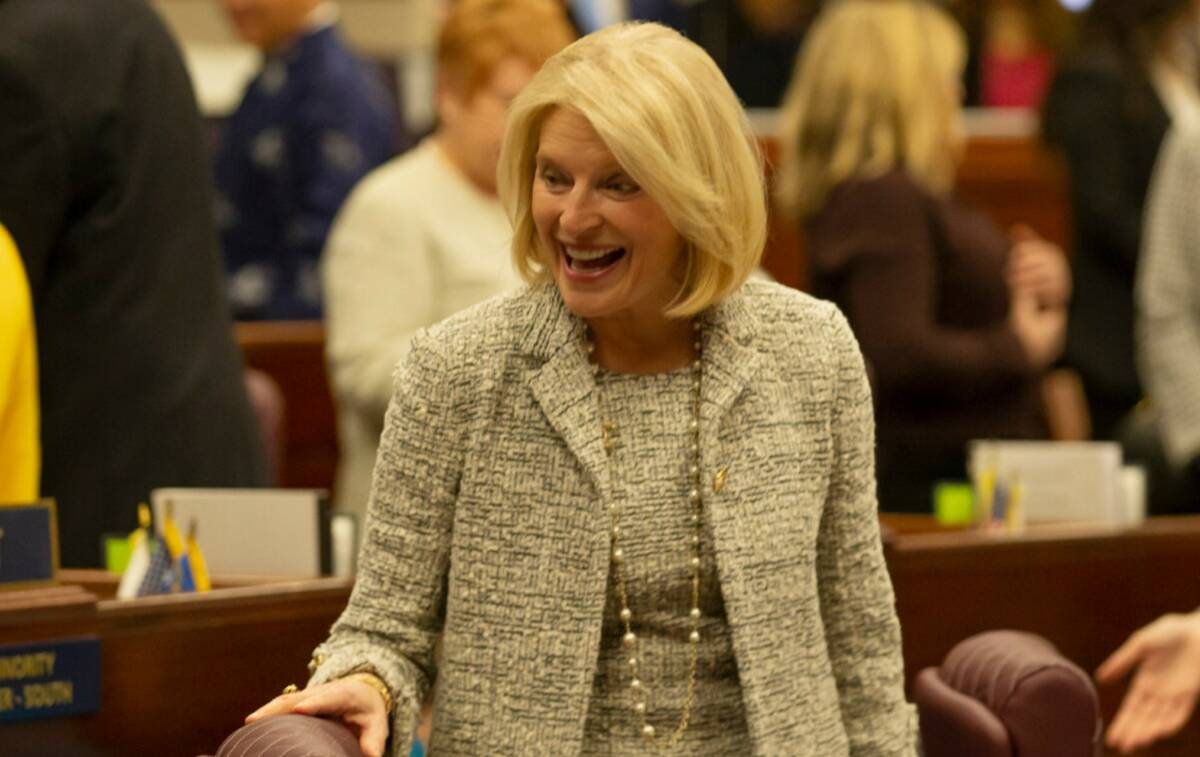Want water at restaurant? It may not come to you automatically
Nevadans accustomed to a glass of water greeting them at a restaurant will have to speak up if they want to quench their thirst under a proposal introduced this week by a Republican state lawmaker.
Assembly Bill 186, introduced in the Legislature on Monday, would prohibit restaurants from automatically serving water to customers. The patrons would have to first request it.
“Particularly in the drought situation we’re in, I think everyone can just do a small part,” Assemblywoman Heidi Kasama, R-Las Vegas, the bill’s sponsor, said Tuesday.
The proposal is similar to rules and regulations put in place in Hawaii, and more recently in California, as an attempt to cut back on water use as extreme drought has squeezed water supplies. The idea is simple: Water that isn’t consumed is tossed down the drain, and more water then must be used to clean the glass.
But that’s where Nevada is different. The water that goes down the drain isn’t exactly wasted in Southern Nevada, where more than three-quarters of Nevadans live. About 99 percent of water used indoors in Southern Nevada is treated and recycled back to Lake Mead for reuse, according to the Southern Nevada Water Authority.
Not immediately serving water to customers is already the norm for some restaurants in Southern Nevada.
More than 20 years ago, the water authority partnered with the Nevada Restaurant Association and the Water Conservation Coalition to implement its “Water Upon Request” program. That program, which has about 200 participating restaurants, provides menu stickers to indicate the restaurants’ support for water conservation by serving water only upon request.
Water authority spokesman Bronson Mack said in an email Tuesday that every glass of water not served saves about 1.5 to 3 gallons of water from being treated and delivered, when taking dishwashing and ice into account. But because the valley reclaims virtually all of its used indoor water, “this program does not decrease our consumptive water use,” he added.
Nevada is legally allowed to draw 300,000 acre-feet of water from the Colorado River in normal, non-drought years. That number can be stretched through the valley’s water recycling program thanks to “return flow credits,” which allow Southern Nevada to draw an extra gallon of water from the Colorado River for every gallon of wastewater it treats and returns to Lake Mead. One acre-foot is equal to about 326,000 gallons.
Kasama said part of the reason for her bill “is the optics,” as opposed to outright water savings. The bill contains no penalties or fines for restaurants that do hand out unsolicited glasses of water.
“When I go through a restaurant and I leave, I see so many glasses half-full of water. So many restaurants are already pouring that out,” she said. “It’s just good practice for everyone to do their part, so that’s why I thought this would be a good bill.”
Cara Clarke, spokeswoman for the Vegas Chamber, said the bill would be a way to demonstrate how important water conservation is for Nevadans.
“We appreciate Assemblywoman Kasama’s efforts to bring more attention to Southern Nevada’s efforts to conserve water,” Clarke said. “This type of practice can send a message to visitors about how judicious we are and how important water conservation is to us in the valley.”
Just don’t expect that saved glass of water to refill Lake Mead.
Contact Colton Lochhead at clochhead@reviewjournal.com. Follow @ColtonLochhead on Twitter.















